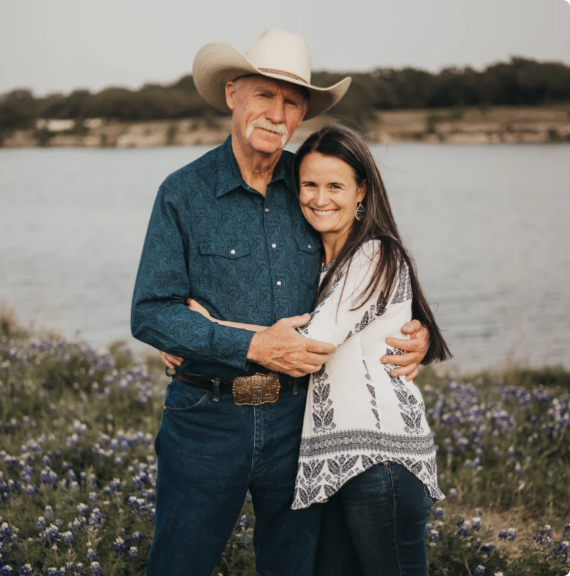Taking Natural Lifemanship Principles into Practice
Your Clients have tough questions.
Are you ready to answer them?
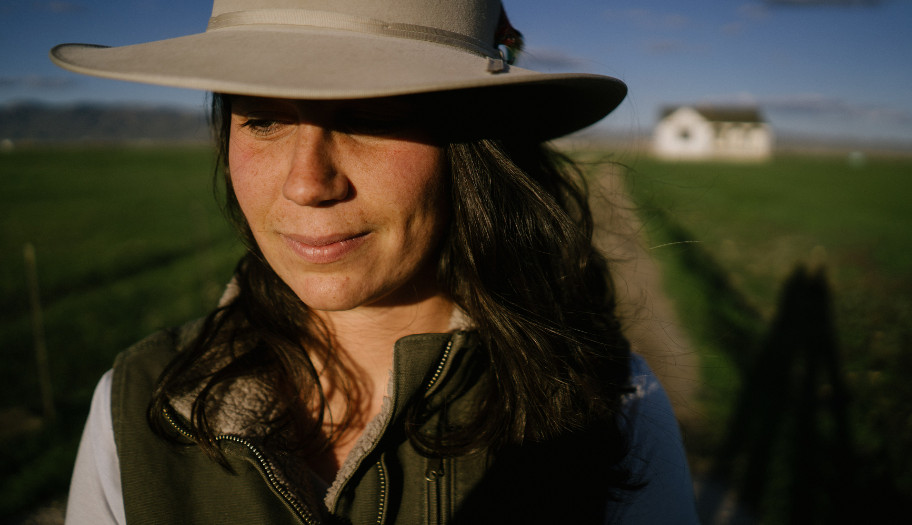
Natural Lifemanship is a process and a practice.
After years of conducting Group Consultation series over Zoom strictly for those seeking certification, we have discovered that these experiences are where some of the richest growth and understanding of the NL process occurs for many.
Natural Lifemanship is based on principles, not techniques.
Commit to this process of internalizing Natural Lifemanship principles and deepening your understanding of the practice.
Online Training You Can Control
This course includes a carefully selected collection of pre-recorded Group Consultation sessions. It is a completely virtual, self-paced, online course, available to those who wish to deepen their understanding of this process and lay the foundation for presenting your own cases during future group consultation sessions.
Taking NL Principles into Practice is for you if:
- You enjoy learning by internalizing the stories and experiences of others.
- You want to understand how to apply Natural Lifemanship principles to enrich your relationships and deepen your work.
- You’ve taken the Fundamentals, love NL, and want to continue towards certification with flexibility.
- You’re not currently pursuing certification, but you are committed to applying the NL principles in your work.
- You want to get into the nitty gritty and get more concrete with interventions that are client, horse, facility, and scope-of-practice driven.
- You are interested in learning how to blend NL with other therapeutic modalities to make your work even more effective.
Learn how Natural Lifemanship is applied and how it helps people and horses connect, heal, grow and recover through Trauma-Informed Equine Assisted Therapy (TI-EAT), Trauma-Focused Equine Assisted Psychotherapy (TF-EAP) and Trauma-Informed Equine Assisted Learning (TI-EAL).
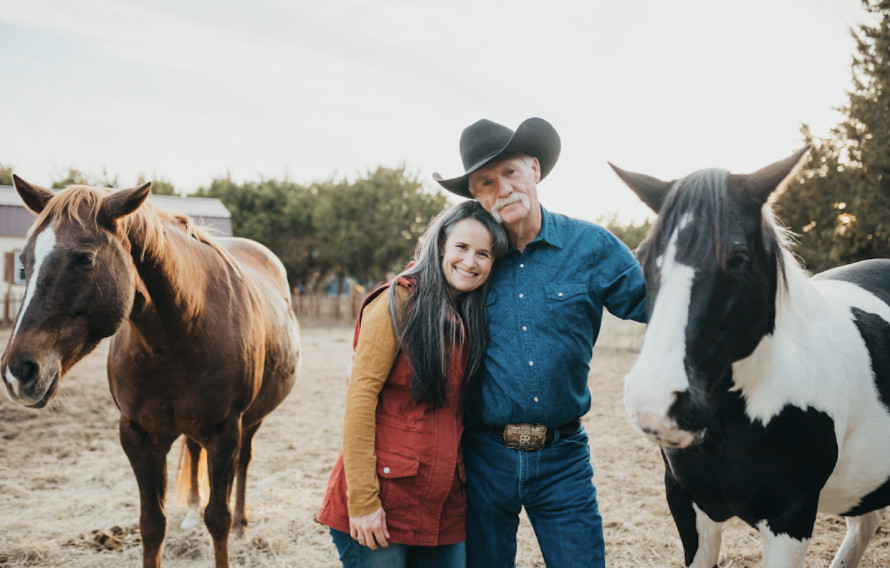
Your instructors:
Bettina Shultz-Jobe, LPC, Natural Lifemanship Co-Founder and CEO
Tim Jobe, Natural Lifemanship Co-Founder.
The course costs $375
Taking NL Principles Into Practice
10 case studies, totalling 14 hours (and offering 14 CE credits), each presented by one of our certification students. All of these practitioners have been trained in Natural Lifemanship (meaning they have minimally completed a Fundamentals of NL training) and are actively applying the NL process within the scope of their work with clients and/or horses as they seek certification.
Start the course anytime and proceed at your own pace. 14 CE credit hours are awarded upon completion (NBCC approved).
If you are in Certification, you will have satisfied one of your two Group Consultation Series requirements for your certification course. You will need to update your certification course separately to keep track of your progress towards the completion of requirements.
This course is a great way to progress toward certification for those who need flexibility.
These groups really breathed life into the NL process and principles for me!
“NL’s Group Consultations offered me a breadth of experience outside of my own. I learned from others about different perspectives, different horses, clients and situations that took my learning and application to a much deeper level. These groups really breathed life into the NL process and principles for me! I was also able to connect deeply with like-minded professionals doing the same work––the connection with these amazing people continues today. These are my go to people to support me in this powerful work.”
Amy Nister, LMFT
NL Certification Student
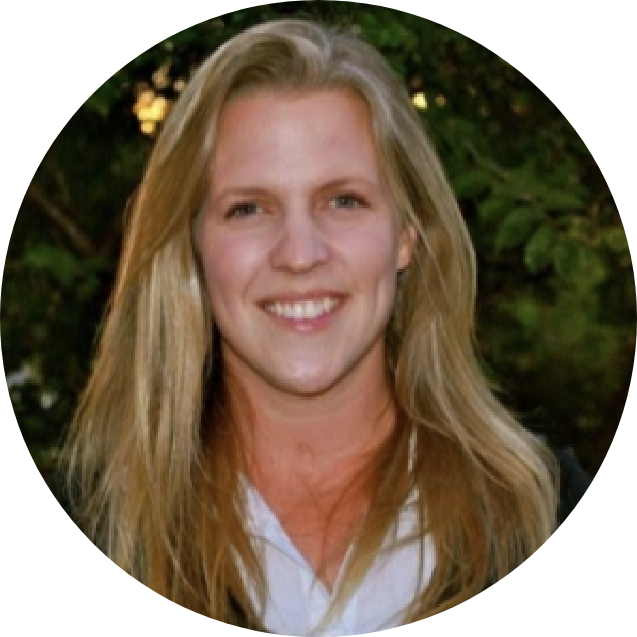
How it Works:

Each lesson includes the presentation and staffing of one case, recorded via Zoom. Case summaries are provided. Unlike the live group consultation series, you will not be presenting a case.
The cases are staffed by NL co-founders, Bettina Shultz-Jobe and Tim Jobe, who collectively have over 50 years experience developing and applying this science-based process in equine-assisted psychotherapy and learning sessions.
At the end of each recorded session, you must successfully complete a short quiz.
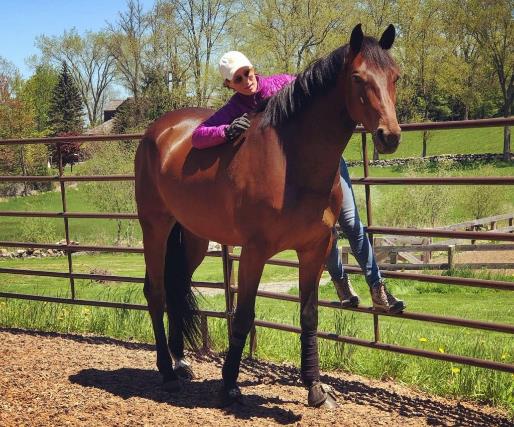
Video Case Studies
10 video case studies by certification students who are applying the NL process to their work with clients.
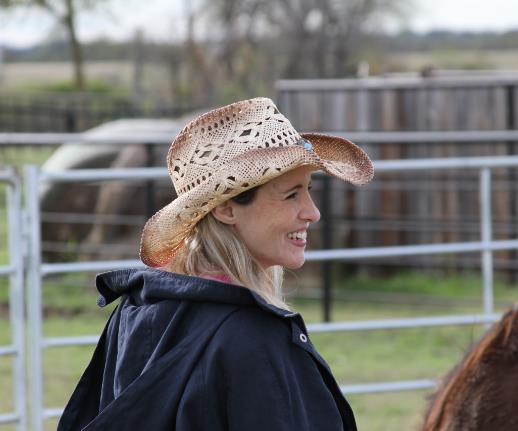
Skill Building Opportunities
Develop and apply science-based processes in equine-assisted psychotherapy and learning sessions.
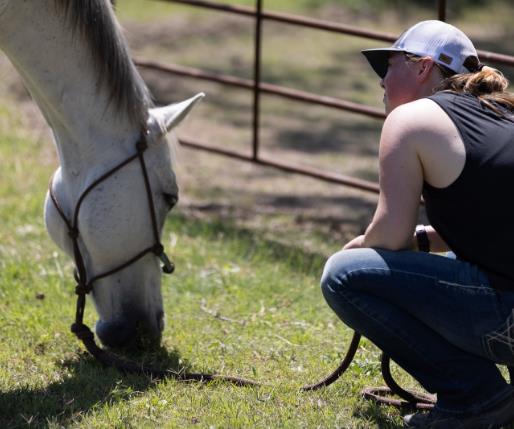
Complete Flexibility
With this group consultation series course, you have total flexibility. Take the course at your own pace on your schedule.
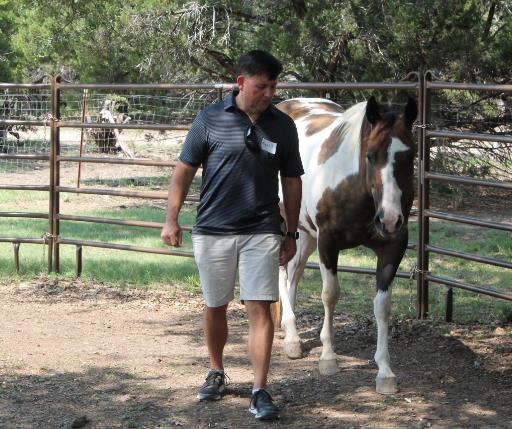
Certification
Completing this course fulfills one of the group consultation requirements of Certification, should you pursue it.
What Certification Students Are Saying
About Taking NL Principles into Practice
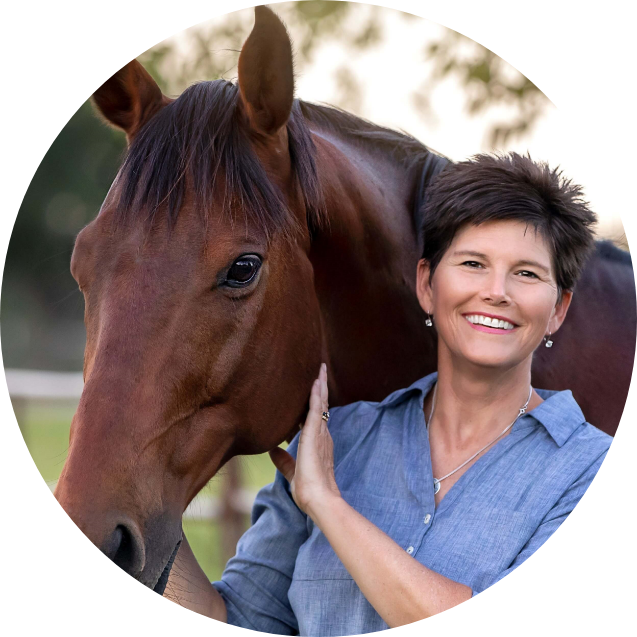
“Consultations with the NL team have given me deeper insight into my clients, my processes, my horses and myself. They provide a safe way for me to evaluate if I’m on the right path with a client or if an adjustment needs to be made.
The NL team and trainers are an endless source of ideas, rich knowledge and deep understanding about relationships and connections and they share all of this generously so that I can better serve my clients. I really appreciate how they remove any possibility for me to feel shame about my horses and the stories I tell myself.
I serve corporate clients, school groups and individuals and the consultations I’ve done have been invaluable to my growth as a coach, equine professional, and as a human being.”
Kathy Taylor
Coach, Equine Professional,
NL Certification Student
“The Group Consultation calls were indispensable in my learning process for the NLC-P, EP dual certification. The calls assisted me in taking what I learned in trainings to another level by engaging in an in-depth examination of my client and equine cases.
Learning from others’ experiences and the trainer’s feedback exploded my range of knowledge and understanding of concepts and principles.
NL takes a personal interest in their students’ learning to prepare them for the complexity and nuance in this trauma focused work which is vital when working with clients.”
Jenn Pagone
LCPC, NL Certification Student
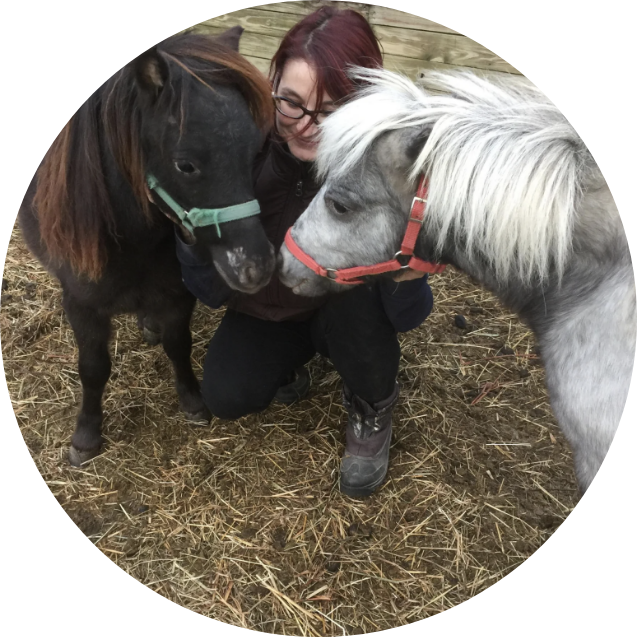
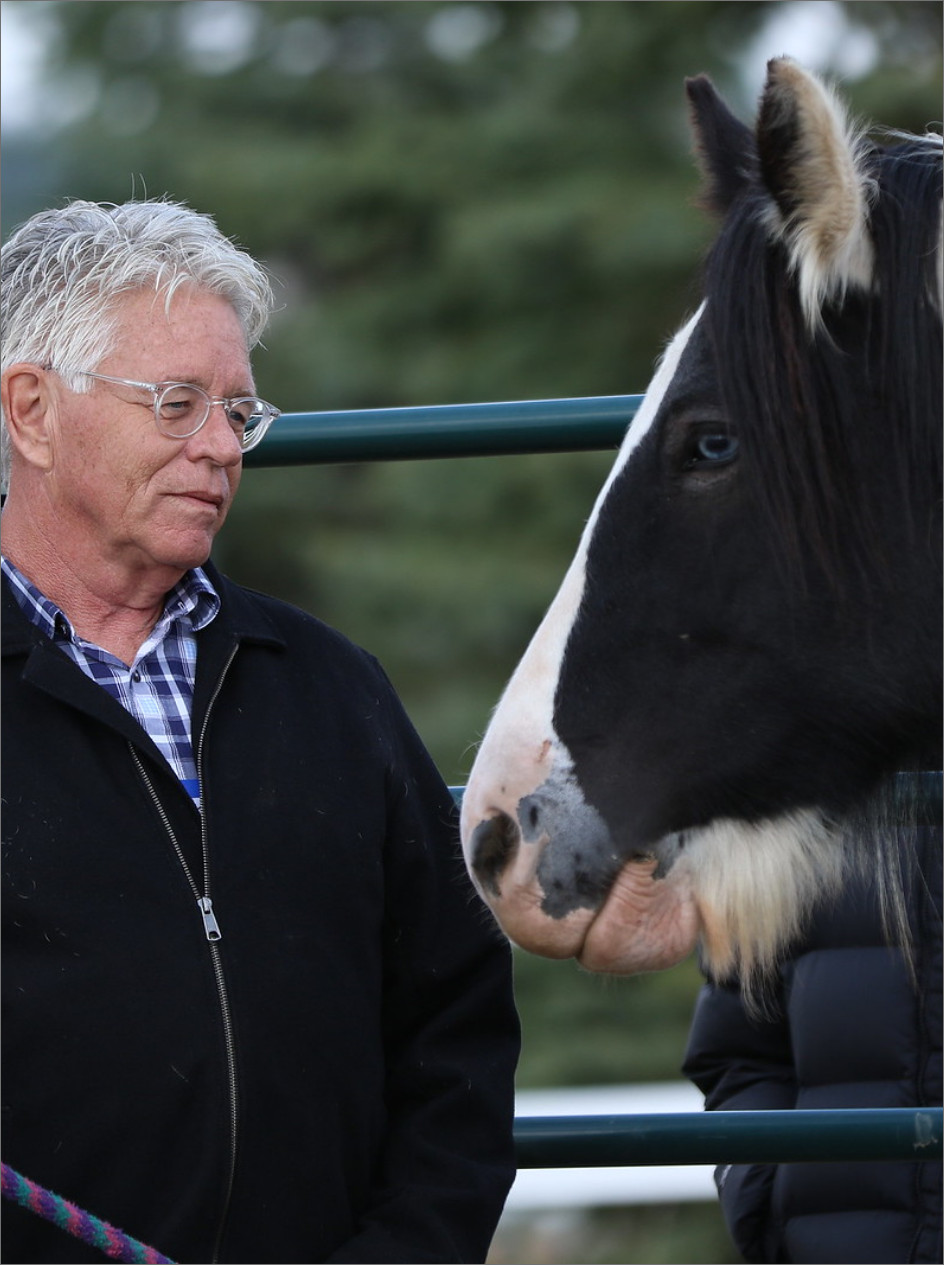
Here are just a few of the many questions you can expect to explore while taking this course.
When is it appropriate for my client to ride?
Is it best for my client to do ground work before mounted work?
Should we meet horses and do sessions in the pasture, round pen, arena, etc.?
How do I start sessions?
What does the process look like with clients?
What if my client is scared of horses?
What do I do if my horse is showing signs of burn out?
How can this work really help the client and the horse?
Can food and feeding be part of sessions?
What are activities I can do with. . . specific populations, diagnoses, age ranges, etc.?
How can NL principles be transferred to other species?
The answers to these questions and more will be explored and discussed during this course.
Lay the foundation for deeper learning.
Access the Course Now
Join our Email List
Stay updated on the latest in Equine Assisted Services, NL trainings, and upcoming events.
